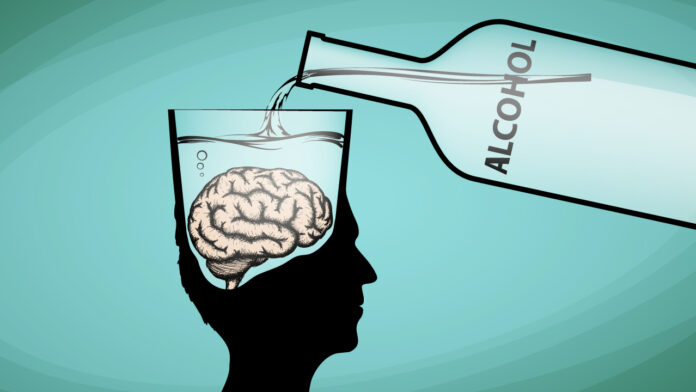Alcohol consumption can have various effects on the brain, and excessive or chronic alcohol use can indeed lead to brain damage and shrinkage. Here are some key points to consider:
- Brain Shrinkage: Prolonged, heavy alcohol use can result in brain atrophy, which means the brain can shrink in size. This is primarily due to the toxic effects of alcohol on brain cells and the disruption of brain structures.
- Neurological Damage: Alcohol can harm neurons, affect neurotransmitter systems, and impair the brain’s communication pathways. This damage can lead to cognitive deficits, memory problems, and difficulties with decision-making and impulse control.
- Reversible Changes: The good news is that many of the neurological changes caused by alcohol can be partially reversed if individuals reduce or quit their alcohol consumption. The brain has a degree of plasticity, meaning it can adapt and heal to some extent.
- Timeframe for Recovery: The extent and speed of recovery depend on several factors, including the amount and duration of alcohol use, an individual’s overall health, and genetic factors. Some brain functions can improve in a matter of weeks to months, while others may take longer.
- Abstinence is Key: For individuals with alcohol-related brain damage, the most effective way to promote recovery is to abstain from alcohol completely. Cutting back may help prevent further damage, but full recovery typically requires complete sobriety.
- Support and Treatment: For those struggling with alcohol addiction, seeking professional help and support is crucial. Treatment options, such as counseling, therapy, and support groups, can assist individuals in achieving and maintaining sobriety.
- Lifestyle Factors: A healthy lifestyle, including a balanced diet, regular exercise, and adequate sleep, can also aid in brain recovery.
- It’s important to note that while recovery is possible, not all brain damage is reversible, especially in cases of severe and long-term alcohol abuse. The best approach is prevention, which includes drinking alcohol in moderation and being aware of the risks associated with excessive consumption. If you or someone you know is dealing with alcohol-related issues, it’s advisable to seek professional guidance and support.



